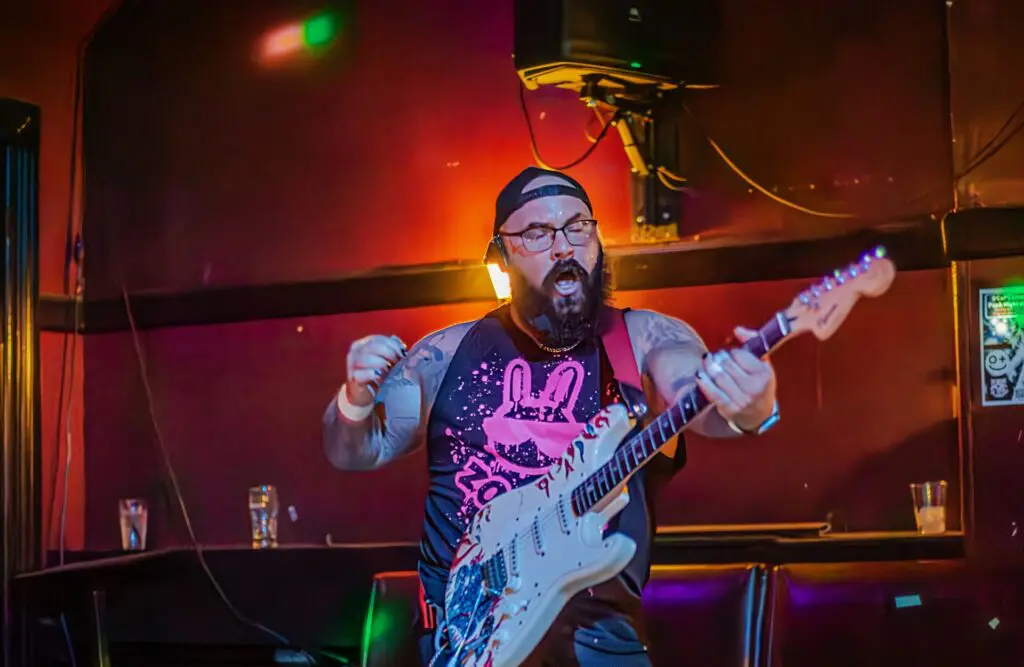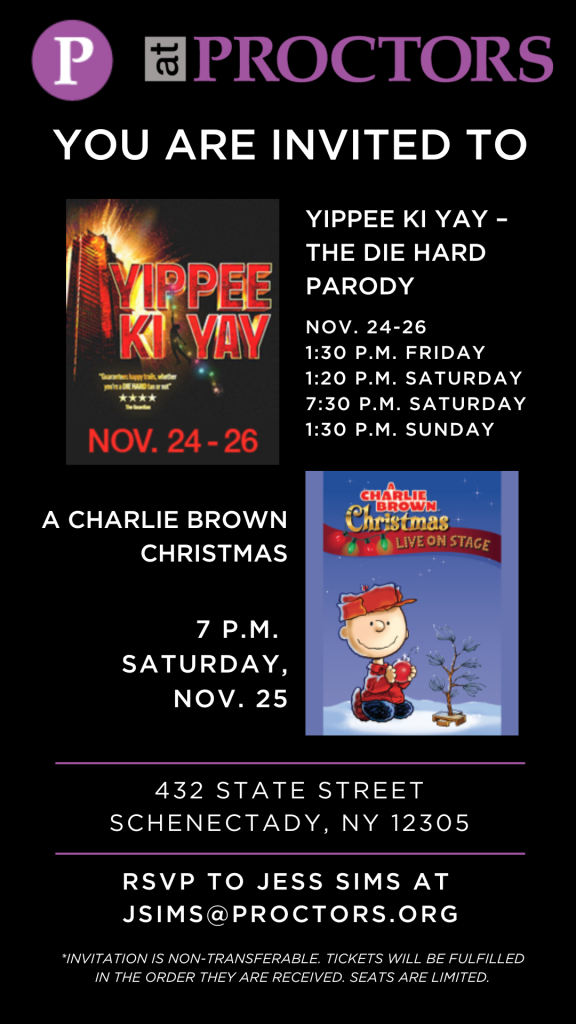Bastian Void – Interview – Thanks for Asking
Written by Staff on November 17, 2023
Interview with Bastian Void – Thanks for Asking – by Liam Sweeny.
RRX: Every comic book hero has an origin story. What is your musical origin story?
BV: My musical origin story starts with my parents playing records on the family stereo. Things by Genesis, George Harrison, Yes etc. There were some forward-thinking ideas about music production in those records. Although that’s not what my parents were interested in. It was just a normal part of life. The idea of the stereo as a fixture in the home has always stuck with me. Electronic music was inadvertently normalized for me when I got into video games. My favorite, the Sega Genesis, was noteworthy for having an FM sound chip by Yamaha that is very similar to some of their most famous synthesizers. I used to go into the “Sound Test” menus and play the tunes, marveling at the little sound effects. By the mid 90s CD technology was all the rage, and the mystique of the internet was in full swing. My fascination with the limits of technology really took hold around this time. In high school I formed sort of a dance punk band, we played countless DIY shows around the area. At this point I was exposed to punk and noise music at a relatively young age. I learned a DIY work ethic which carried me forward into my career as an artist. Meanwhile video games were exposing my whole generation to drum and bass music in their soundtracks. These influences led to me casually researching various subgenres of electronic music, and slowly starting to pick up gear of my own.
RRX: Every musician’s first composition is a milestone. But so is the latest composition. Describe the first thing you recorded, and also the most recent thing you recorded; what are the differences?
BV: The first electronic music I recorded was made with wild abandon. A friend taught me the basics of recording software, and I had some confidence with working digitally since I had been studying graphic design and building PCs in college. In my early days I was collecting any piece of junk I could find: old Casio keyboards, abandoned guitar pedals, etc. I would plug them directly into the mic input on my old MacBook and max out the software until every track was totally in the red. I had no idea what I was doing in any way. Somehow, there was a charm to those recordings and I had gotten enough encouragement to continue. After many years of practicing and producing, I’ve gleaned a better sense of the tools of the trade and a better understanding of the fundamentals that allow me to express myself as an artist. The music that I am working on now is somewhat rooted in theory, although my training is minimal. My current explorations play with generative and/or detailed midi compositions, which I send to a fairly respectable suite of vintage analog and digital synthesizers. Over the past year I’ve built a new studio in my house. Now I can finally do this gear justice with a pretty nice recording setup. So the difference is in fidelity and compositional awareness. Hopefully the exploratory charm remains forever.
RRX: Like songs, every artist has a unique feeling about their first show. What was your first show like? Was it your best show? If not, what was your best show like?
BV: I can’t remember my first show with my old band, but we played a lot, and those shows were a blast. I guess we were pretty popular back then because we would play these packed, furious dance parties. Fueled by youthful optimism, they were truly some of the best. Likewise, I do not remember my first show in experimental music, but it would have been with a group called Looks Realistic. Avant garde art shows have a different vibe altogether, and it’s been a challenge to retain perseverance with events for such a niche audience. Either way I’ve made lifelong friends doing it. I’ve played some pretty discouraging gigs, but I’ve played so many beautiful events as well; The ChinaTown loft in Boston, a small church turned DIY venue in Oakland, the back of a legendary record store in Western MA… I’ve gotten to play with personal heroes and many artists who would go on to see great acclaim. However, the show I’ll never forget was the first time I ever played in Japan (2016). I was spontaneously invited at the last minute to play a small record store in Osaka. It was for a small crew, which included some brilliant musicians who have become lifelong friends. I debuted a brand new album and the reception was heartwarming. Words can’t do that day justice but Japan will always be my favorite place to play music. I am going back for a third time in March.
RRX: Music genres are difficult for some musicians. Some strictly adhere; others not so much. What is your perspective on the genre you play, or the genres you hover around?
BV: Due to some inexplicable aversion to being pigeonholed, I have swirled around in the vortex of my influences, but not really fallen into any particular genre. I follow my whims. I like cool sounds. I value tonality. Sometimes I make tracks with samples, sometimes analog synths. Sometimes my music has complex rhythmic detail, sometimes it’s purely ambient. I want my albums to take you through a journey of moods. So doing an album with just one style would bore me. I know successful artists that are very results-focused, and I admire that. But I cherish the immersion of the creative process. I feed ideas into the machine and see what comes back. As I hone my skills, I want to say the ratio of interesting results versus total garbage has improved. The dialogue with electronic equipment is very important (and (mostly) fun!) to me. After nearly two decades, I’m still surprised by happy accidents all the time. I love the sound of early (and flawed) electronic music; whether that means primitive sequencing capabilities, low bitrate samples or the lower fidelity of tape. Sure, Ableton could render every sound immaculately with pinpoint accuracy, but where’s the mystique in that? Full disclosure: it’s amazing software and I love it. However, I tend to roll my eyes at lazy sampling under the guise of commercial critique or some sort of subversion of fads. We are living in a bleak time to be a musician. All art is commodified and regurgitated in the blink of an eye. While I’m not exactly proud of all my old material, I can at least say that it comes from within myself. Sometimes I have no idea why I made a particular track, but at least it’s mine. So that’s something I guess.
RRX: It’s a lot of fun living in the present, but we all collect memories and give birth to dreams. We’re talking dreams here. Where do you see yourself next year? In the next five years?
BV: My dream is to love making music in my studio. To continue to grow as an artist and hone my craft. I want to make music that resonates with people on a human level. As a performer, I’m trying to develop a live set that feels dynamic, expressive and beautiful. As a professional graphic designer, I’d love to get to release an album without budgetary constraints. To really stretch my legs as a designer and release a physical album that feels special. I’d love that.
RRX: We all get a little support from those around us. And we also can be impressed by our fellow performers. Who do you admire in your community, and why?
BV: I’m impressed by my friends who have a nonstop work ethic. I admire those that make truly authentic art. I cherish artists who actively support their communities. I respect my homies who thanklessly set up weird art shows in a town that doesn’t celebrate such things. I’m exceedingly grateful to anyone who writes about music or runs a record label. I appreciate enthusiasts who support the art as a fan or observer, those people who come to shows just to be there and experience the art. Finally, I admire real adults who do actual important things for the world. Like my wife who works in a community health center. I don’t necessarily believe art is the most noble pursuit, but I am so grateful to those who try to convince me otherwise. It does keep me at it.





 RadioRadioX
RadioRadioX